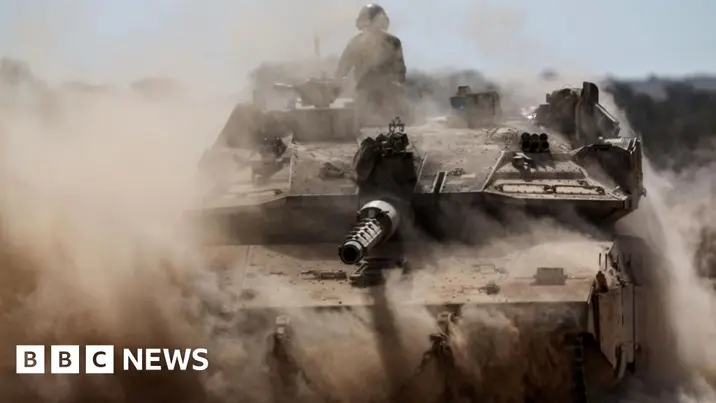T4K3.news
Gaza City offensive moves forward
Israel advances on Gaza City as reservists are mobilized; international observers watch the humanitarian impact closely.
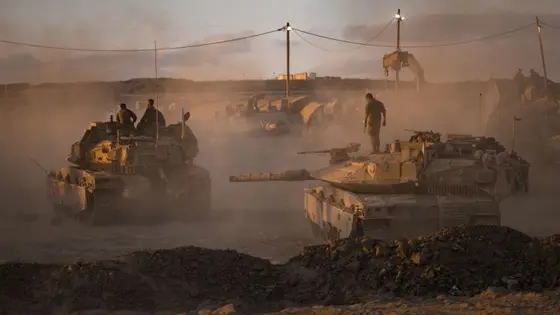
Israel expands its Gaza City assault and calls up tens of thousands of reservists raising questions about manpower and humanitarian impact
As Israel begins offensive on Gaza City an exhausted military may face a manpower problem
Israel plans to call up 60,000 more reservists and extend service by 20,000 to seize Gaza City, a move that could shorten the operation's timeline from earlier estimates. The security cabinet approved the plan and Netanyahu ordered a faster timeline. The IDF says troops are on the outskirts of Gaza City as the first steps of the broader operation.
After nearly two years of fighting with no clear end, morale in some units appears frayed. A Hebrew University survey found about 40% of soldiers are less motivated, while around 13% show higher motivation. Amid calls to draft ultra-Orthodox men, exemptions are politically contentious, and reservist groups have debated whether to refuse orders. The army does not publish turnout data.
Key Takeaways
"I’m a little in shock that we’re still talking about this war that was supposed to end a long time ago."
Avshalom Zohar Sal, a reservist who has served multiple Gaza deployments.
"The war is over a year ago."
Dan Halutz, former IDF Chief of Staff, commenting on the current phase of fighting.
"We’ll do our best not to harm the hostages."
Effie Defrin, IDF spokesman, addressing hostages’ safety.
"Nearly 1 in 3 children are malnourished in Gaza City."
Philippe Lazzarini, UNRWA head in Gaza, highlighting humanitarian crisis.
Manpower is the core baton of this war. The planned Gaza City push relies on a steady flow of reservists, but commanders warn of attrition and burnout after long campaigns. The new timing pressure could push troops to edge before a clear endgame is defined. Domestic divisions over exemptions and the uncertain fate of hostages add a political risk layer that could erode public backing if the operation stalls or worsens humanitarian conditions.
Beyond battlefield questions, the fight is shaping a debate over national identity and civic duty. Exemption proposals for ultra-Orthodox communities reflect a fracture in a country already weary from a prolonged war. International criticism and aid constraints loom as humanitarian needs rise. The coming days will reveal not just military readiness but the resilience of a society under sustained pressure.
Highlights
- Two missions for this war: return the hostages and defeat Hamas
- I’m a little in shock that we’re still talking about this war that was supposed to end a long time ago
- The war is over a year ago
- We’ll do our best not to harm the hostages
Political and humanitarian risks of Gaza City offensive
The planned escalation risks deepening Gaza’s humanitarian crisis, triggering domestic backlash over conscription and exemptions, and attracting international scrutiny as the conflict drags on.
The path ahead will test the balance between security aims and humanitarian duties
Enjoyed this? Let your friends know!
Related News
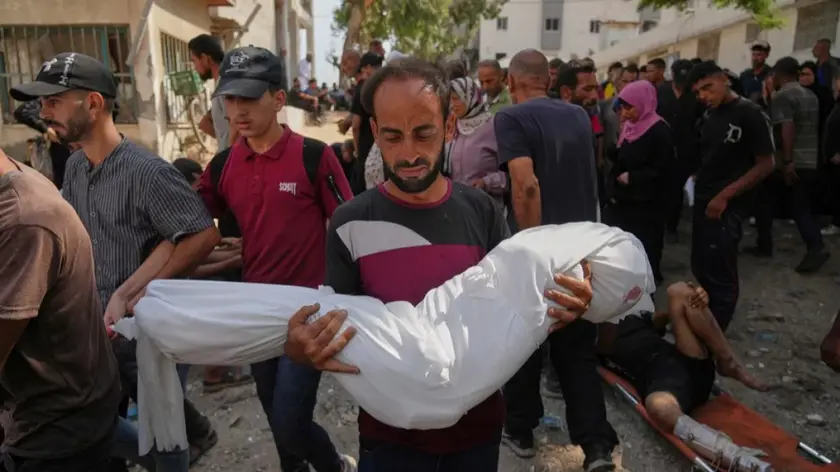
Palestinians moved south as Gaza offensive plans advance
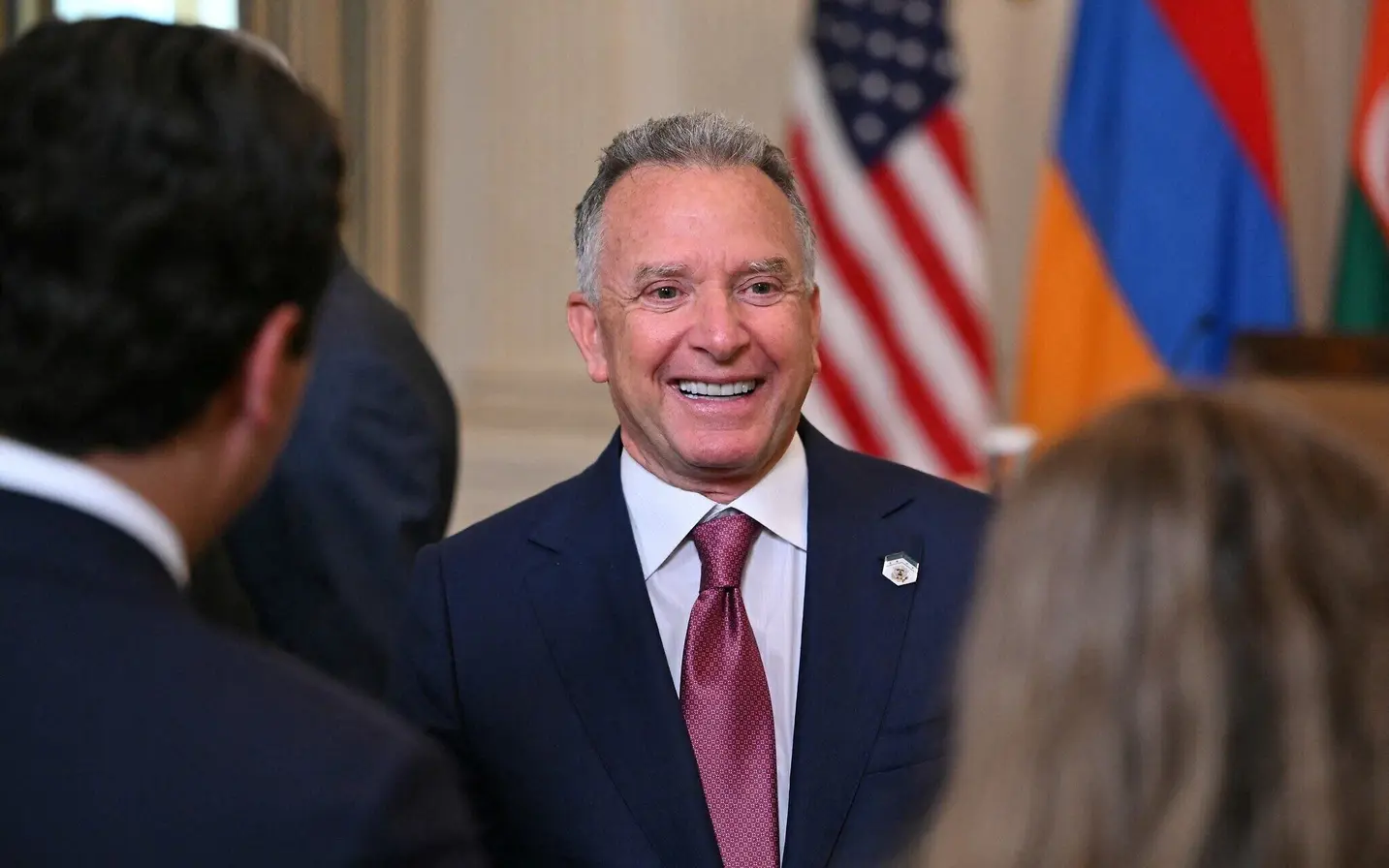
Diplomacy pressed as talks continue
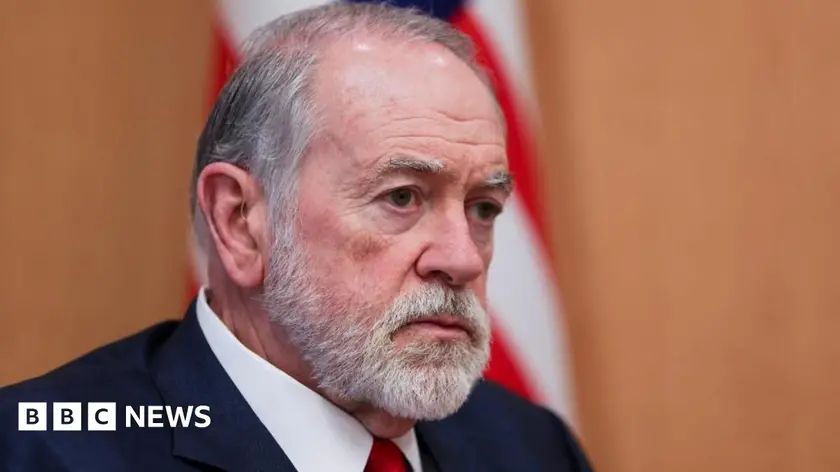
Huckabee comment on Starmer and Gaza plan
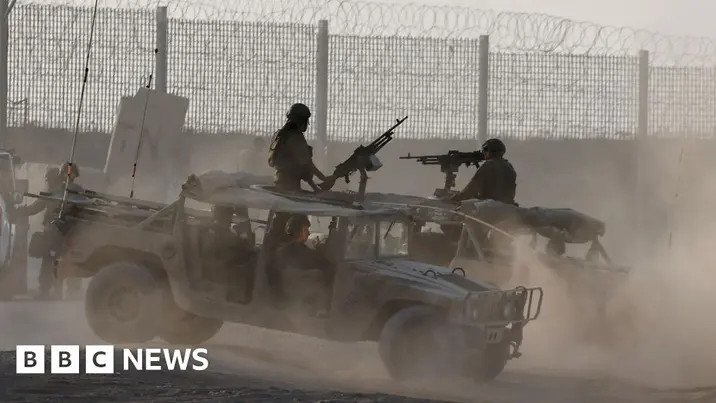
Gaza City displacement plan triggers protests
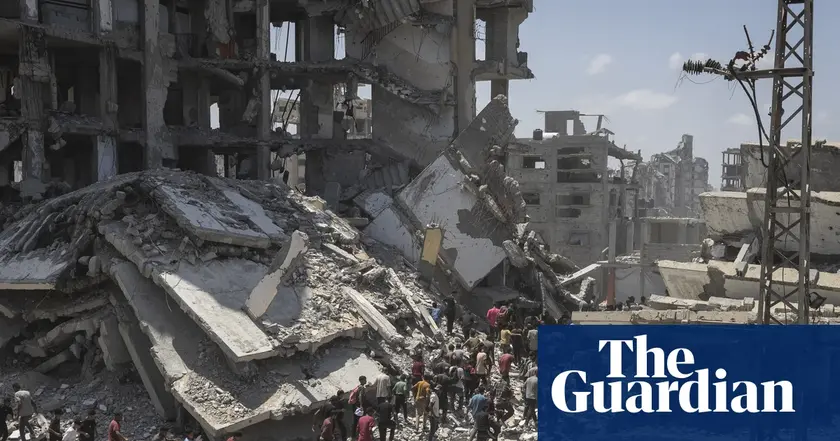
Israel plans Gaza City takeover draws international outrage
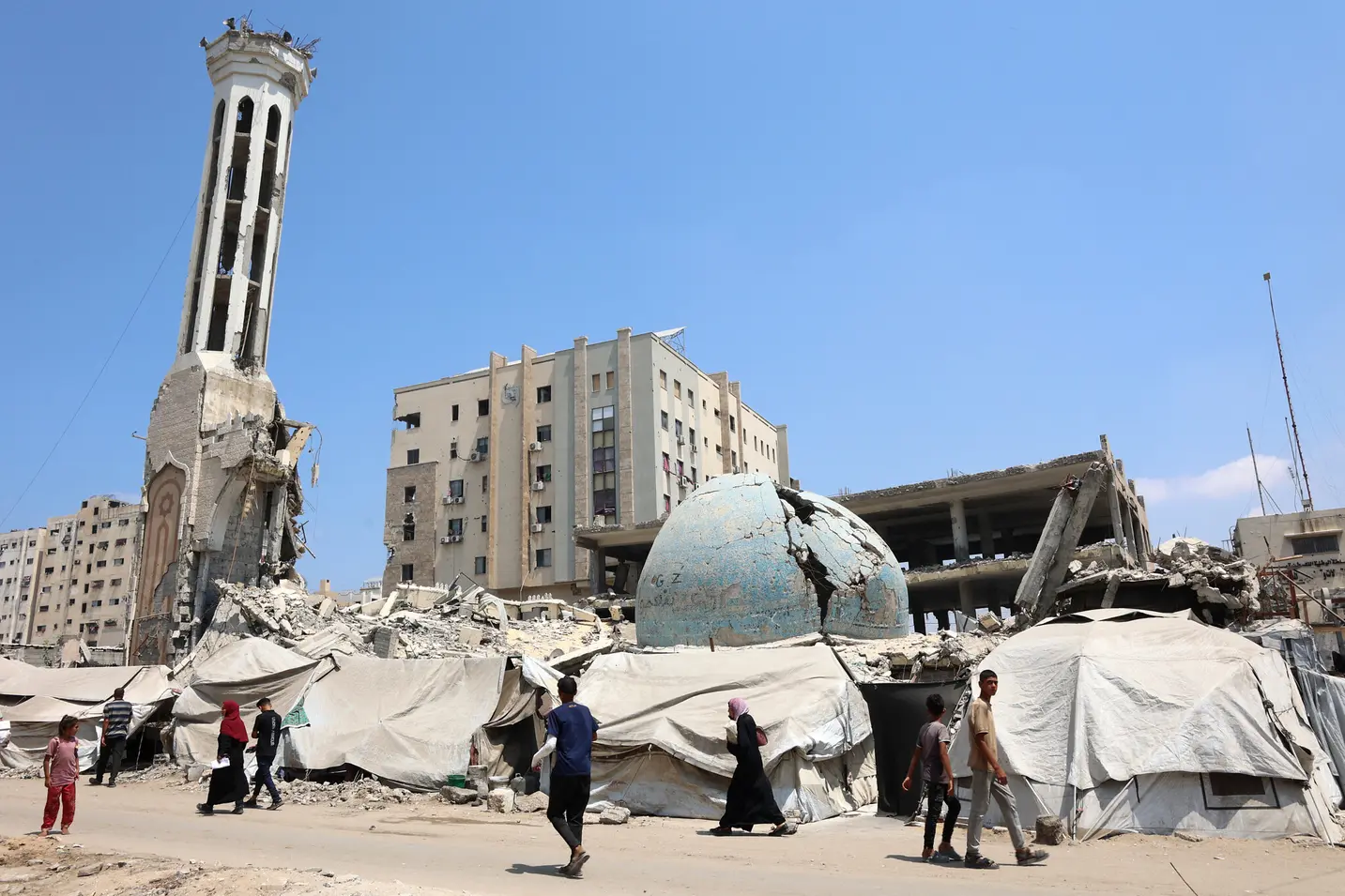
Ceasefire talks advance
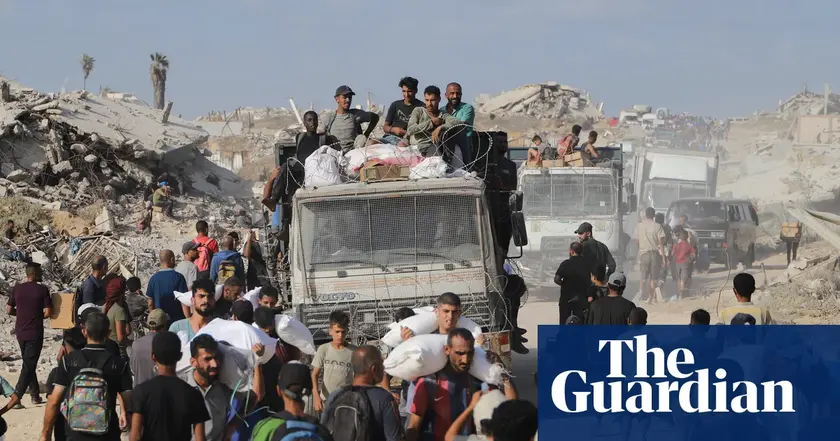
Ceasefire proposal on Gaza gains support
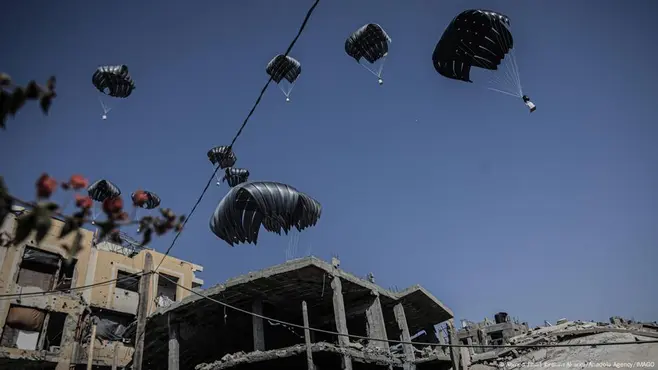
Israeli relocation plan in Gaza
